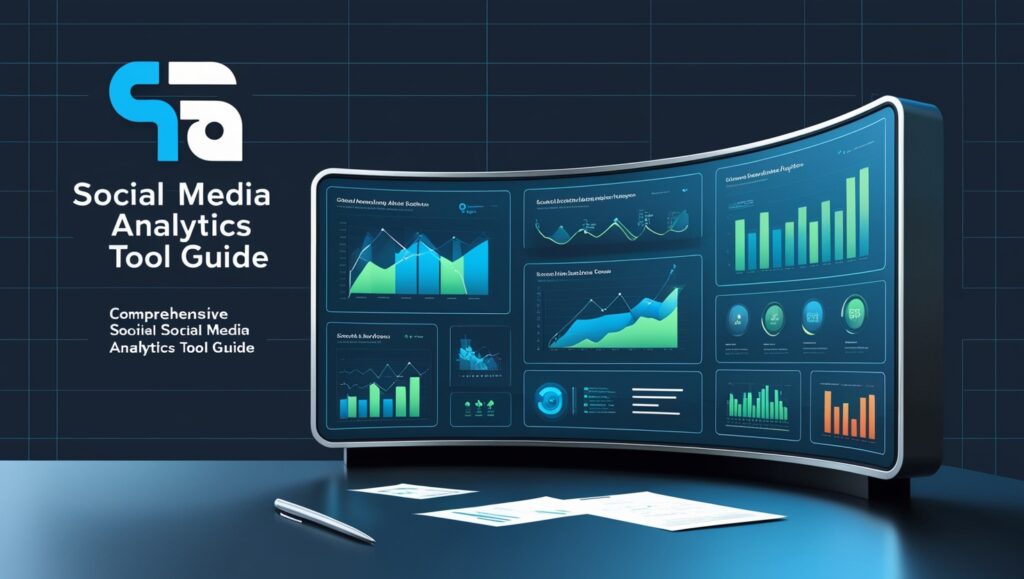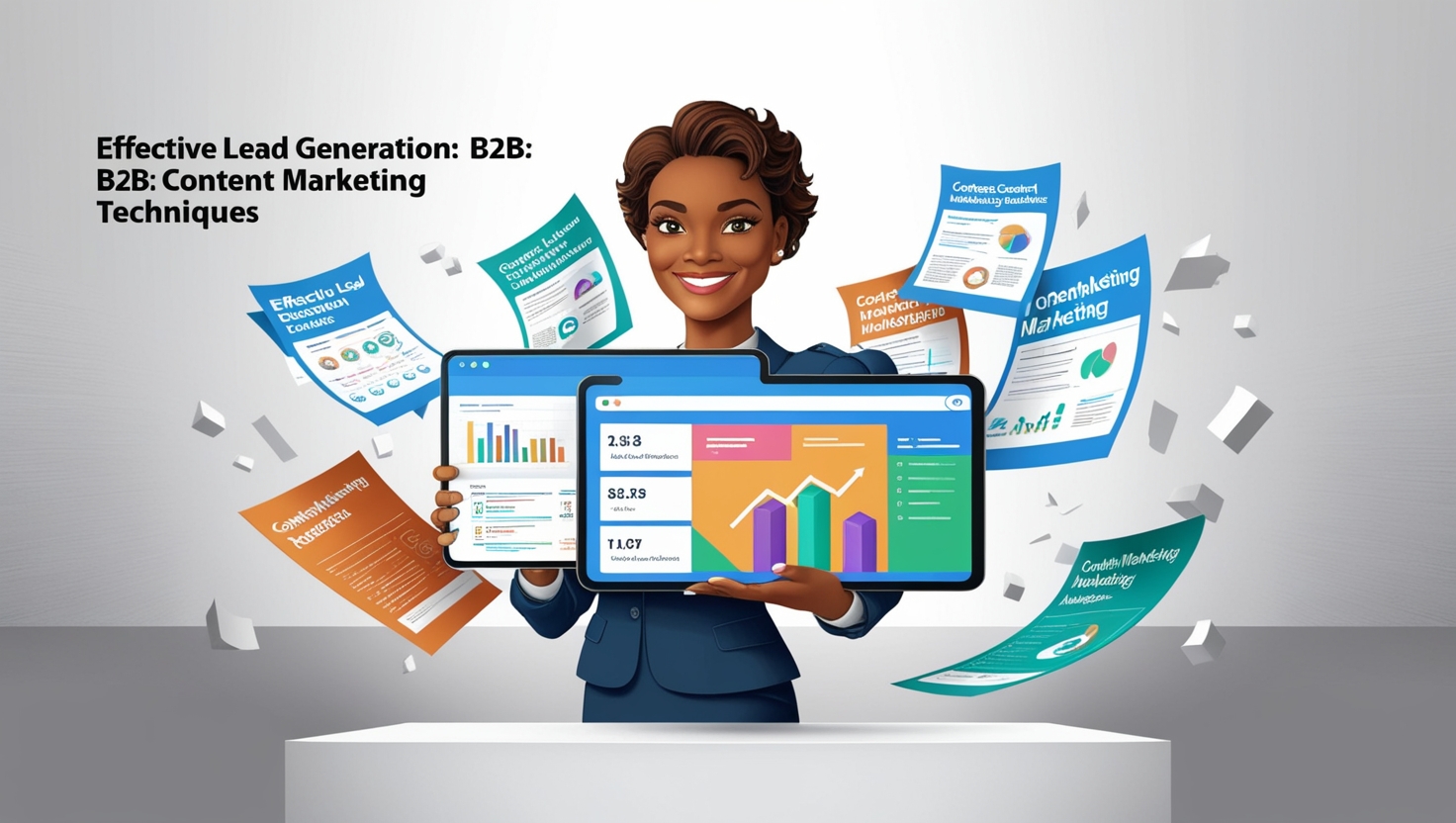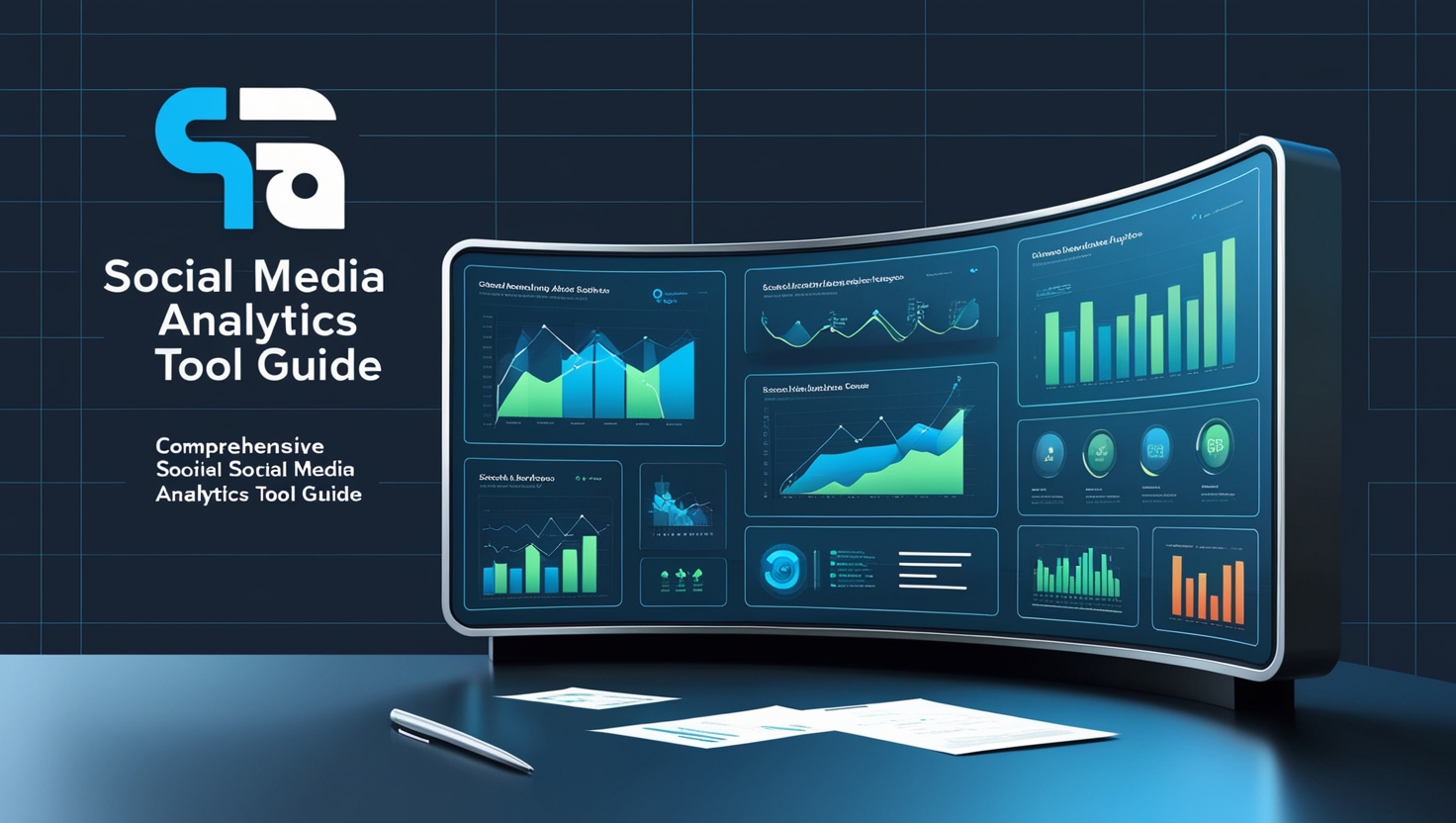CRM Analytics delivers insights from historical data, empowering businesses to optimize strategies for marketing and sales. By transforming raw data into actionable plans, it strengthens customer service and loyalty. With tools like Salesforce Business Growth, companies can stay competitive by making informed decisions. Leveraging Salesforce Business Growth ensures sustainable success, helping businesses retain customers and drive long-term growth.
Understanding CRM Analytics with Salesforce
With Salesforce Business Growth at the forefront, CRM Analytics empowers organizations to optimize lead management, sales forecasting, and personalized customer experiences. Businesses using Salesforce gain a competitive edge by aligning analytics with their strategic objectives, improving customer satisfaction, and driving sustainable growth.
Benefits of Crm Analytics for Business Growth
Optimize Customer Service Efforts:
- Improved support ensures exceptional customer experiences and engagement.
- CRM systems help customer service reps operate efficiently.
Foster Customer Loyalty through Advanced CRM Tools:
- Personalized engagement increases customer retention.
- CRM tools strengthen relationships and encourage long-term customer loyalty.
Improve Business Performance and Drive CRM Sales:
- A robust CRM system significantly boosts business performance.
- Enhanced processes lead to higher CRM sales and sustained growth.
Key Differences and Benefits
| Key Differences | Details |
|---|---|
| Data Collection vs. Analysis | CRM systems focus on gathering customer data, while CRM analysis transforms this data into actionable insights for strategic decision-making. |
| Operational vs. Analytical Focus | CRM manages everyday customer interactions, whereas CRM analysis emphasizes forecasting trends and optimizing business performance. |
| Customer Service vs. Business Strategy | CRM tools improve customer service efficiency, while CRM analytics align insights with broader business strategies to drive growth. |
| Benefits | Details |
|---|---|
| Informed Decision-Making | CRM analysis enables data-driven decisions and trend forecasting to identify growth opportunities. |
| Increased Sales and Growth | Optimized CRM strategies lead to higher sales and promote Salesforce Business Growth through predictive insights. |
| Improved Customer Relationships & Loyalty | CRM tools personalize customer interactions, improving satisfaction and fostering long-term loyalty. |
| Operational Efficiency | CRM systems streamline workflows for customer service reps, ensuring faster responses and better customer engagement. |
How CRM Analytics Helps in Making Informed Decisions
CRM Analytics offers insights by analyzing customer data, helping businesses identify trends and patterns. This data-driven approach supports informed decisions in marketing, customer engagement, and sales forecasting, enhancing relationships and driving growth.
How to Use CRM Analytics for Sales Optimization?
Utilizing CRM analytics boosts sales optimization by identifying trends and preferences. Use these insights to tailor strategies, personalize interactions, and monitor performance metrics to refine tactics and enhance effectiveness.
Leveraging CRM Analytics to Boost Sales
CRM Analytics provides valuable insights into customer behavior, enabling businesses to tailor their sales strategies effectively. By analyzing customer data, companies can identify trends and preferences, leading to more personalized interactions.
Utilizing these insights, sales teams can prioritize leads and optimize their outreach efforts, ultimately boosting conversion rates and enhancing overall performance.
Effective CRM Analytics Tools for Sales Teams
CRM analytics tools, like Salesforce, empower sales teams with insights into customer behavior and performance. Features such as real-time reporting and predictive analytics help optimize strategies and boost revenue. Seamless platform integration ensures smooth workflows, enabling teams to focus on closing deals and building strong client relationships, driving Business Growth.
Using CRM Data to Improve the Sales Cycle
Effective use of CRM data enhances the sales cycle by analyzing customer interactions, identifying trends, and tailoring strategies to boost engagement, shorten sales processes, and improve conversion rates.
What Are the Key Features of CRM Analytics Tools?

- Data Visualization: Simplifies the interpretation of complex data for better understanding.
- Predictive Analytics: Forecasts customer behavior to aid in decision-making.
- Reporting Functionalities: Generates insights on sales performance and customer engagement.
- Customer Interaction Analysis: Tracks and analyzes customer interactions for tailored strategies.
- Integration Capabilities: Seamlessly connects with other platforms to enhance workflows.
- Real-Time Analytics: Provides up-to-date insights for immediate decision-making.
- Customizable Dashboards: Allows users to create personalized views of relevant metrics.
Types of CRM Analytics Tools Available
| Type of Analytics Tool | Description |
|---|---|
| Descriptive Analytics | Provides insights into historical data, helping businesses understand past customer behaviors. |
| Predictive Analytics | Uses statistical algorithms and machine learning to forecast future customer actions. |
| Prescriptive Analytics | Recommends actions based on data analysis, guiding decision-making for improved customer management. |
Choosing the Best CRM for Your Business Needs
To choose the best CRM, identify your specific needs, evaluate software scalability and integration capabilities, and assess cost and user-friendliness for smooth adoption. Focus on features like sales tracking and customer support to meet your business requirements.
How Can CRM Analytics Improve Customer Service?
CRM analytics improves customer service by offering insights into customer behavior and preferences, enabling personalized interactions. It identifies trends and potential issues, allowing for proactive support and timely resolutions. This approach ultimately leads to higher customer satisfaction and loyalty, fostering long-term relationships with clients.
Using CRM Analytics to Enhance Customer Interactions

CRM analytics enhances customer interactions by analyzing data to tailor communications and offerings to individual needs. This targeted approach fosters stronger relationships, boosts customer satisfaction, and identifies trends for proactive engagement strategies, ultimately improving the overall customer experience.
What Role Does Salesforce Play in CRM Analytics?
Salesforce enhances CRM analytics by offering a robust platform for data integration and visualization. With features like Einstein Analytics, it provides actionable insights, real-time reporting, and effective analysis of customer interactions, improving decision-making and driving sales strategies.
Salesforce as a Leading CRM Analytics Solution
Salesforce is a leading CRM analytics solution, empowering businesses with real-time insights for informed decision-making. Its robust features, user-friendly interface, and customizable dashboards allow organizations to tailor analytics to enhance customer relationships and meet specific needs.
Using Salesforce to Optimize Marketing Strategies
Utilizing Salesforce enhances marketing strategies by providing insights into customer behavior. Its robust analytics tools enable targeted campaigns, improving engagement and conversion rates while facilitating seamless team communication.
How to Analyze CRM Data for Business Decisions?
To analyze CRM data for business decisions, identify key metrics like customer acquisition and retention, use data visualization tools to uncover trends, and regularly review data for strategic adaptation.
Data Analysis Techniques for CRM Data
- Descriptive Analytics: Summarizes historical data to provide insights into past customer behaviors.
- Predictive Analytics: Forecasts future customer behaviors using statistical models and algorithms.
- Trend Analysis: Examines data over time to identify patterns and inform strategic decisions.
- Churn Analysis: Identifies factors leading to customer attrition, enabling proactive retention strategies.
What Are the Challenges in Implementing CRM Analytics?

The implementation of CRM analytics faces several challenges. First, integrating data sources from various platforms can be complex and time-consuming. Additionally, ensuring data quality and consistency is crucial for accurate insights. Lastly, user adoption and training are essential to maximize the benefits of the analytics tools.
Common Obstacles in Using CRM Analytics
Common obstacles in using CRM analytics include lack of data integration, inadequate user training leading to underutilization, and resistance to change, hindering the adoption of analytics practices.
Strategies to Overcome Challenges in CRM Implementation
To overcome CRM implementation challenges, provide effective training, communicate objectives clearly to gain stakeholder buy-in, and establish ongoing support and feedback mechanisms to address issues promptly.
Ensuring Data Quality for Effective CRM Analytics
| Aspect | Description |
|---|---|
| Importance of Data Quality | High-quality data provides accurate insights, enhances customer relationships, and supports informed decision-making. |
| Regular Validation & Cleansing | Eliminates errors to ensure analytics reflect true customer behavior and preferences. |
| Data Management Practices | Implement robust practices such as data governance and standardization to support system integrity. |
| Proactive Approach | Optimizes performance and fosters trust among stakeholders. |
| Business Outcomes | Leads to improved business outcomes through reliable and actionable insights. |
In Conclusion
In conclusion, leveraging CRM analytics, particularly through Salesforce Business Growth, empowers businesses to make informed decisions that drive growth. By transforming customer data into actionable insights, organizations can enhance customer service, optimize sales strategies, and foster long-term loyalty. The strategic use of Salesforce Business Growth not only boosts operational efficiency but also aligns with broader business objectives, ensuring sustainable success in a competitive landscape. Embracing these tools ultimately leads to a more personalized customer experience and improved business performance.












